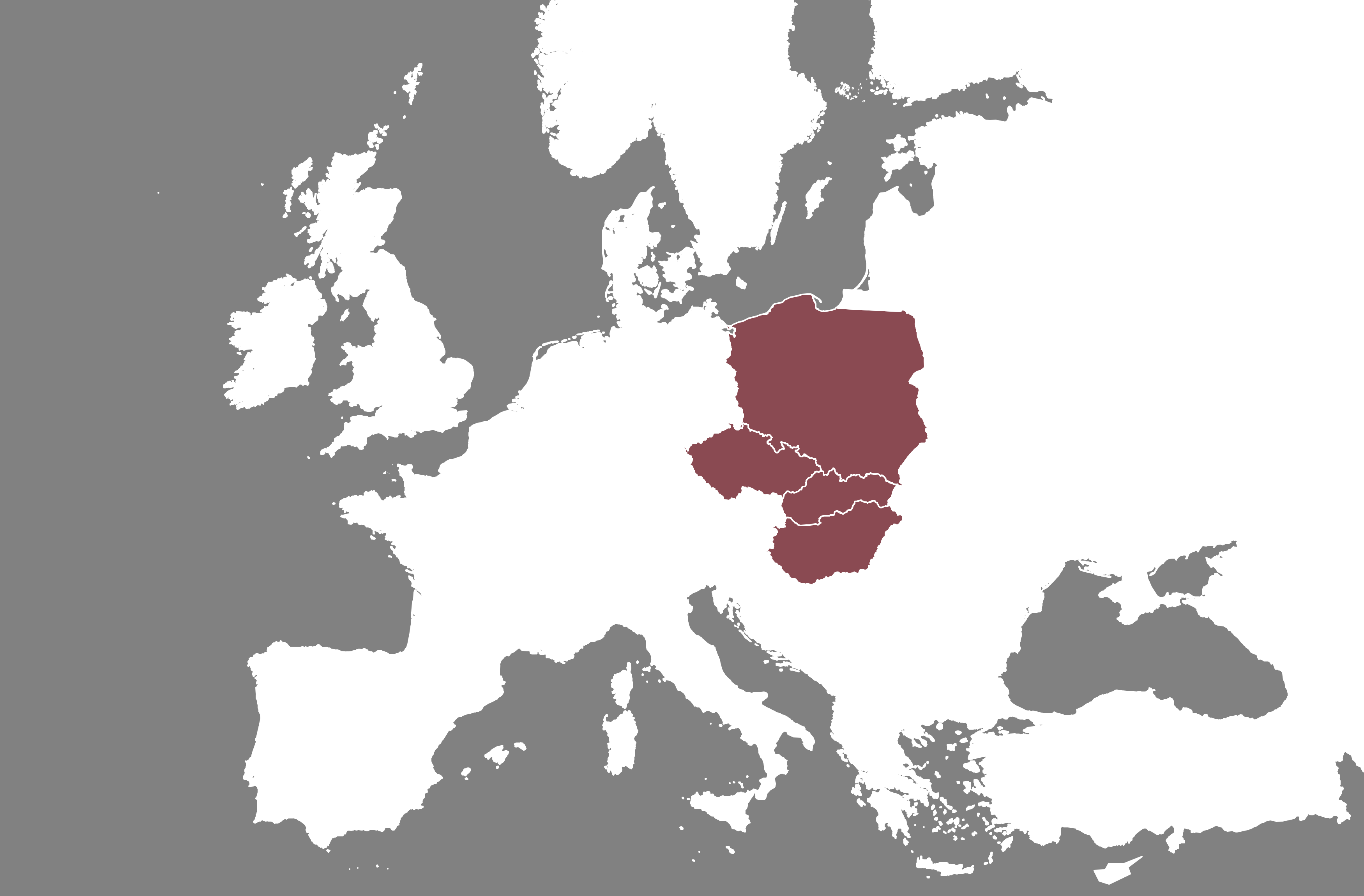Examination of the relations and cooperation between universities in the PRC and the Czech Republic uncovered several key trends. In total, 17 universities and four research institutes have some level of agreement or official cooperation with a Chinese higher-learning institution included in the list of defense-sector linked schools by the ASPI China Defense University Tracker. That constitutes roughly over half of all public universities in the Czech Republic and, combined, they have 57 cooperation agreements with the risky Chinese entities. Almost all of these relations are in the form of Cooperation agreements, Exchange agreements, or Memorandum of Understanding. Three universities (the Brno University of Technology, the University of Pardubice, and the Czech Technical University in Prague) have links with Chinese institutions belonging to the “Seven Sons of National Defence”. The Seven Sons is a group of universities at the forefront of China’s military and defense industry, and are assessed as very high-risk in the ASPI China Defense University Tracker.
There are currently two Confucius Institutes, in Prague and Olomouc, and two Confucius Classrooms, in Ostrava and a brand new one in České Budějovice. The analysis also discovered several cases of academic cooperation with Chinese companies, notably cases of exchange or internship programs with Huawei and Tellhow. Additionally, Charles University recently renewed its agreement with the State Administration of Foreign Experts Affairs (SAFEA), an agency set up with the aim of achieving technology transfers through contact with Western scientists and engineers, among other goals. When it comes to significant issues with academic cooperation and this research, the main obstacles were the formidable numbers of universities that demanded excessive payment for filling in the questionnaire, a majority of contracts not being in the register, and an unwillingness or inability to answer all questions in the questionnaire completely.
Obstacles
In total, 12 Czech institutions refused to respond to FOIA requests or asked for payment to cover the alleged additional work and effort to search for data. In most cases, the demanded amount exceeded €300; the highest sum was demanded by the Prague University of Economics and Business (PUEB) and amounted to €1,658. The research also encountered a clear lack of transparency. It found that a majority of contracts and agreements are not openly accessible to the public. On the other hand, the Central Register of Contracts (an information system administered and operated by the Ministry of the Interior) provided the researchers with contracts and payments that were not admitted by universities in the submitted questionnaire. The universities that submitted their answers often did so incompletely.
Confucius Institutes
Currently, there are two Confucius Institutes (CI) on the Czech territory. One was opened in 2007 in Palacky University in Olomouc, and the second started operations in 2018 at the University of Finance and Administration (VŠFS), a private university in Prague. In addition, there are also Confucius Classrooms (CS) at VSB-Technical University in Ostrava and a brand new one at the VSTE University in České Budějovice. The Chinese side provided €50,000 to the Czech institution for expenses related to this opening. CI’s and CS’s function as centers for courses on the Chinese language and culture, both for university students and the public. So far, there have been no notable public scandals in connection to them. Nevertheless, the willingness of their Czech hosts to behave in a rather servile way towards the CCP was proved, for example, by Palacky University’s publication of translations of President Xi Jinping’s official texts, titled On the Administration of the State.
Academic cooperation
Our research discovered that 17 universities and four research institutes have some level of agreement or official cooperation with a Chinese high-learning institution which is included in the list of defense-sector linked schools by the ASPI China Defense University Tracker.
That constitutes roughly over half of all public universities in the Czech Republic and, combined, they have 57 cooperation agreements with the PLA-linked Chinese entities at the moment. Almost all of these relations are in the form of Cooperation agreements, Exchange agreements, or Memorandum of Understanding. Three universities (the Brno University of Technology in Brno, the University of Pardubice, and the Czech Technical University in Prague) have links with Chinese institutions of the “Seven Sons of National Defence”. The Seven Sons is a group of universities at the forefront of China’s military and defense industry, and are assessed as very high-risk in the ASPI China Defense University Tracker.
Given past scandals about Chinese influence at Charles University, which inter alia included academic employees being paid by Beijing, and the consequent public outcry, these numbers are rather surprising. Only very few of these agreements are about to expire soon. The analysis also discovered several cases of academic cooperation with Chinese companies, notably cases of exchange or internship programs with Huawei (University of Pardubice) and Tellhow (Masaryk University), the latter being a producer of military technologies. At the same time, Charles University very recently (May 2022) renewed its 5-year-long agreement with the State Administration of Foreign Experts Affairs (SAFEA), an infamous umbrella agency of several organizations set up by the PRC for illicit technology transfer through contacts with Western scientists and engineers, among other goals.
Other findings
The analysis confirmed the already publicized fact that one professor at the University of Pardubice actively cooperates with Chinese institutions in the highly sensitive field of explosives and military technologies. But the analysis also discovered that his university did not end its links with the riskiest PRC entities, despite its public statements after the scandal. Also, research via OSINT sheds light on the fact that some of the universities did receive various financial payments or contributions from Chinese actors, despite not declaring it in our questionnaire at all. Most notably, the Masaryk University in Brno omitted to mention receiving €12,163 from Shanghai Ocean University for the organizing of a summer school, the same university also did not disclose obtained tuition payment from China regarding courses for football referees sent by Beijing Sport University, which amounted to CZK 6,021,488 (approx. €243,000). A potentially very important finding was discovered at the University of Chemistry and Technology in Prague. It has a Regular agreement of cooperation with Tsinghua University’s Institute of Nuclear and New Energy Technology, which experts consider to be involved in military research of nuclear weapon technology.
The Counter-Terrorism and Hybrid Threats Centre of the Czech Ministry of Interior produced a “Counter Foreign Interference Manual for the Czech Academic Sector” in 2021. The document is intended to help Czech academics defend themselves against the growing efforts of totalitarian states to exert influence over academic institutions in democratic countries, or attempts to acquire and then misuse the scientific knowledge of these institutions. The manual is a document of a preventive nature and is an answer to past demands by the academics themselves for such guidelines. Research of academic links with China, nonetheless, found that this manual is being used by only a small minority of Czech universities. Most institutions actually do not use any system of risk assessment or screening of their Chinese partners.
Recommendations
To manage the risks of engaging with Chinese universities, efforts should involve close collaboration between governments and universities. They should work together to protect national interests, and the integrity of research, and to prevent engagement from being exploited by rival militaries. They should also be using the ASPI China Defense Universities Tracker to improve the screening of potential partners and to inform decisions on awarding research funding. Universities should be proactive in their efforts to concretely improve how research collaboration is managed. Last but not least, they should all actively use the Ministry of Interior’s Manual, since it was created specifically for these issues.






